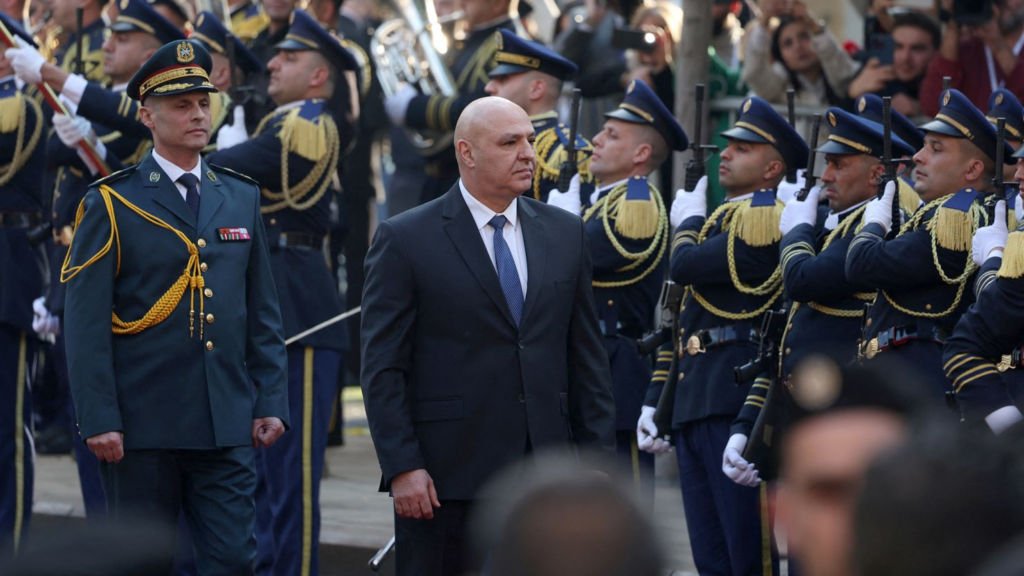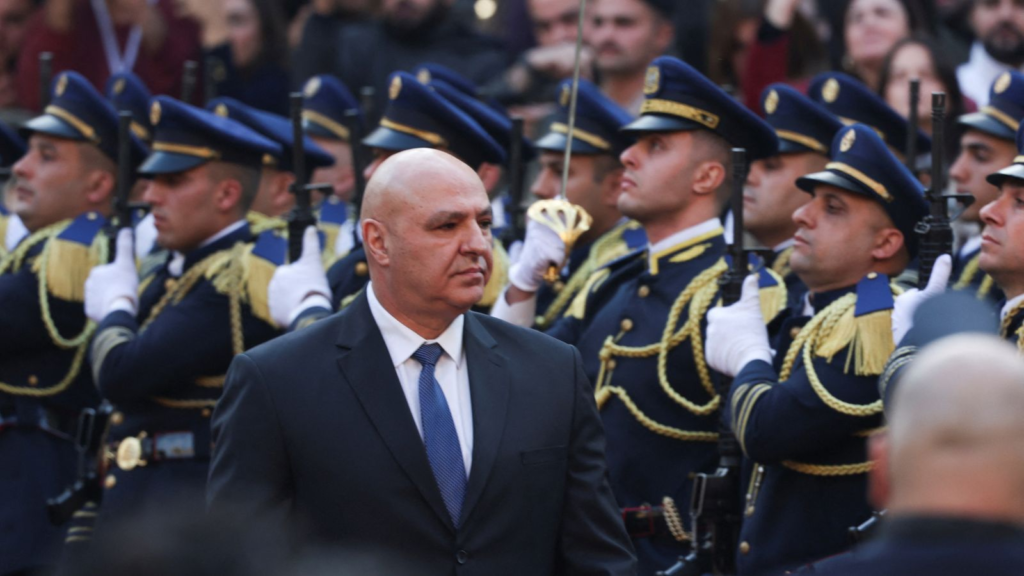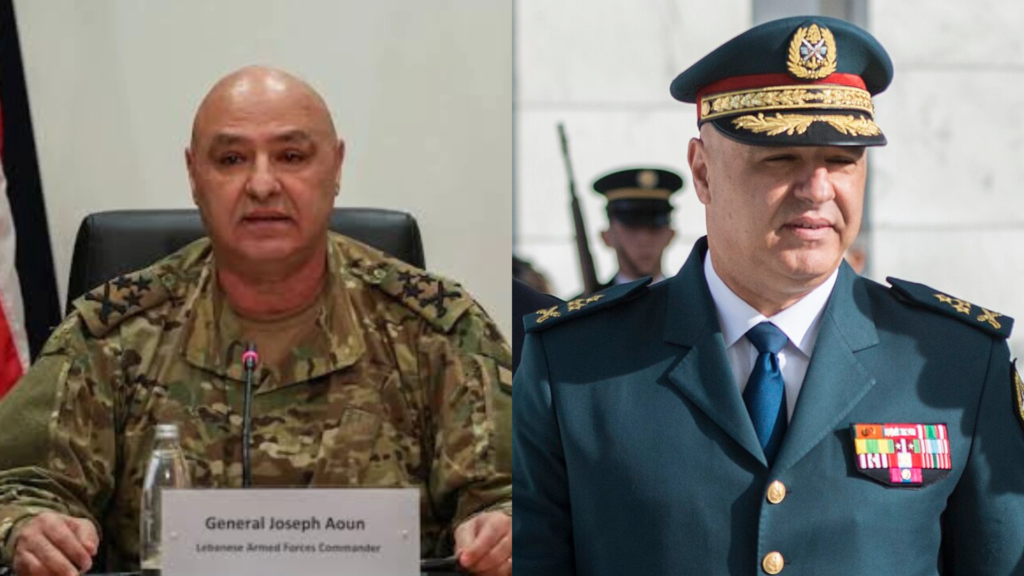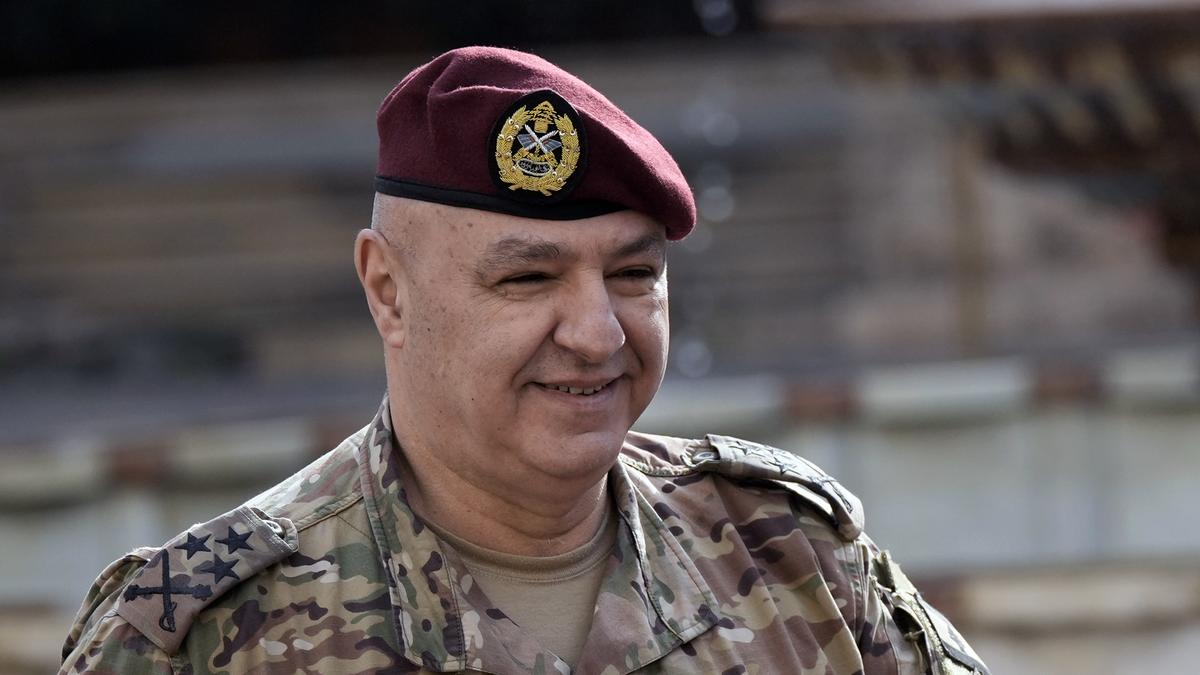Lebanon has finally ended its prolonged presidential vacuum with the election of General Joseph Aoun, the commander of the Lebanese Armed Forces, as the country’s new president.
This marks a significant milestone in Lebanon’s political history, which has been marred by repeated deadlocks and crises. Aoun’s election comes as a beacon of hope for a nation grappling with multifaceted challenges, including economic turmoil, political instability, and the aftermath of a destructive war between Hezbollah and Israel.
The Path to Joseph Aoun’s Election
Lebanon’s presidential seat had been vacant since October 2022, following the end of Michel Aoun’s term. The country, governed under a sectarian power-sharing system, mandates that the president must be a Maronite Christian.
Despite this framework, deep divisions within parliament resulted in a staggering 12 failed attempts to elect a new leader over two years. The 13th attempt, however, proved to be a turning point, largely due to shifting alliances and external pressures.
Joseph Aoun’s candidacy gained momentum with backing from key political factions, including those allied with Western powers such as the United States and France, as well as regional players like Saudi Arabia.
Read : Lebanon Makes 13th Attempt in Two Years to Elect Its President
His rival, Suleiman Frangieh, a candidate supported by Hezbollah and Iran, withdrew his candidacy just a day before the election. Frangieh’s endorsement of Aoun signaled a rare moment of consensus in Lebanon’s fractured political landscape.
Read : Will Fight With No Rules If Israel Wages War on Lebanon: Hezbollah
In the decisive parliamentary session, Aoun secured 99 votes in the second round of voting, surpassing the required majority. This was a stark contrast to earlier sessions, where blank and invalid ballots reflected the deep divisions within the legislature. Hezbollah and its ally Amal ultimately endorsed Aoun, emphasizing the importance of maintaining national unity.
A Presidency Amidst Challenges
General Joseph Aoun assumes the presidency at a time when country faces unprecedented challenges. The country is reeling from an economic depression described by the World Bank as one of the worst in modern history.
Hyperinflation, a collapsing currency, and widespread unemployment have pushed much of the population into poverty. Additionally, the devastating Beirut port explosion in 2020, which killed over 200 people, left deep scars on the nation’s psyche and infrastructure.

Lebanon’s political system has also been paralyzed, with no functioning government since parliamentary elections in May 2022. Caretaker Prime Minister Najib Mikati’s administration has operated with limited powers, unable to address the urgent needs of the population.
Aoun’s election, while primarily ceremonial, brings hope for breaking the deadlock and initiating the formation of a new government. In his inaugural address, Aoun highlighted his commitment to rebuilding the Lebanese state’s authority and implementing crucial reforms.
He emphasized the need to restore the state’s exclusive right to bear arms, an indirect reference to Hezbollah’s military capabilities, which rival those of the national army. Aoun’s pledge to repair the destruction caused by the recent conflict with Israel underscores his focus on uniting the country and addressing its immediate humanitarian needs.
The Regional and International Implications
Aoun’s election has drawn significant attention from regional and international actors. His leadership is seen as critical in navigating the complex dynamics of Lebanon’s internal politics and its relationships with neighboring countries and global powers.
The Lebanese army, which Aoun has led since 2017, plays a pivotal role under the ceasefire agreement that ended the recent Hezbollah-Israel war. The agreement mandates the army’s deployment in southern Lebanon to oversee the withdrawal of Israeli forces and ensure Hezbollah’s disarmament in the region.
The United Nations, along with France, the United States, and Iran, has expressed support for Aoun’s presidency, viewing it as a step toward stability.

French President Emmanuel Macron described the election as a “crucial moment” for Lebanon, while the UN urged swift action in forming a new government. The US embassy in Beirut pledged to collaborate with Aoun on reforms and rebuilding efforts, emphasizing the need for a united Lebanon.
The regional reaction has been cautiously optimistic. Saudi Arabia and Iran, often on opposing sides of Lebanon’s political spectrum, welcomed Aoun’s election, signaling a potential easing of tensions. However, the challenges of balancing these relationships while addressing internal issues remain formidable.
A Nation’s Hope for Renewal
The election of Joseph Aoun marks a new chapter in Lebanon’s tumultuous history. While his presidency is largely symbolic, it carries the weight of immense expectations.
The Lebanese people, weary from years of political dysfunction and economic hardship, look to Aoun as a unifying figure who can bridge divides and lead the nation toward recovery.

Aoun’s focus on reforms and rebuilding, coupled with his commitment to preserving Lebanon’s sovereignty, aligns with the aspirations of a population yearning for change.
However, the road ahead is fraught with challenges. Rebuilding war-torn areas, addressing economic collapse, and managing the delicate balance of power among Lebanon’s diverse sectarian groups will require immense political will and international support.
As country embarks on this new phase, the election of Joseph Aoun serves as a reminder of the resilience and determination of its people.
Whether this moment will lead to lasting change remains to be seen, but it undoubtedly represents a step toward breaking the cycle of deadlock and dysfunction that has plagued the nation for years.

